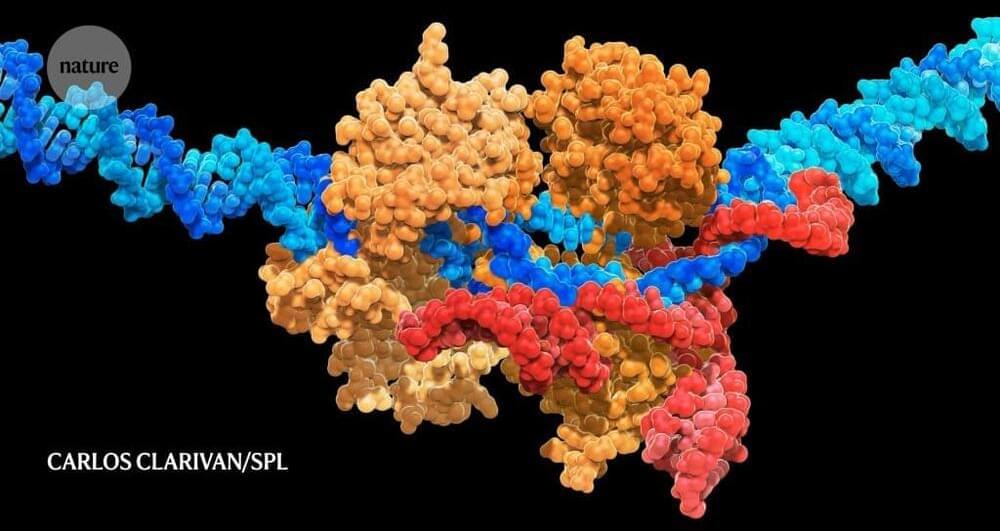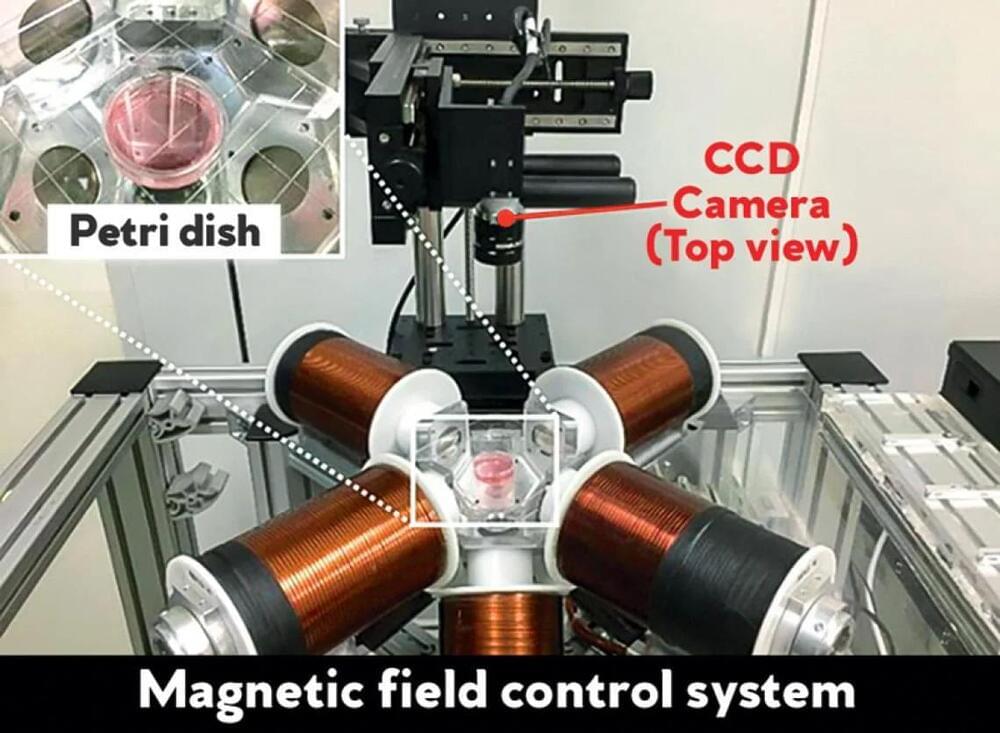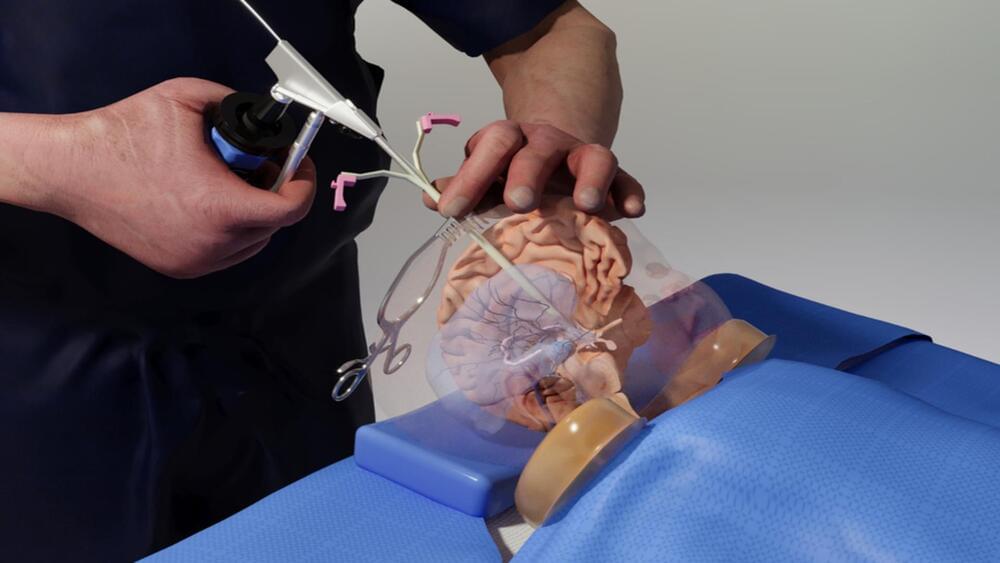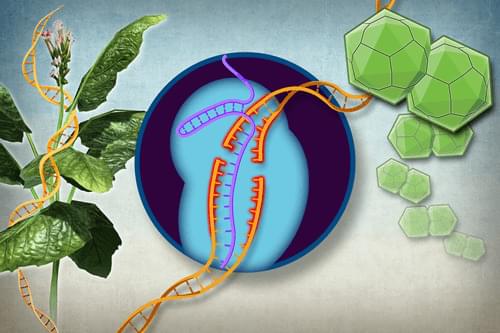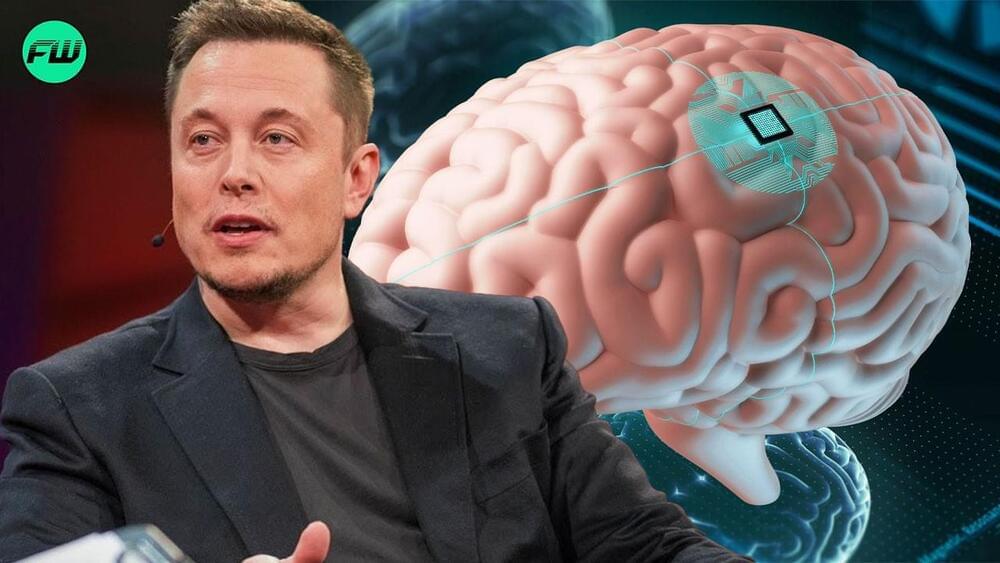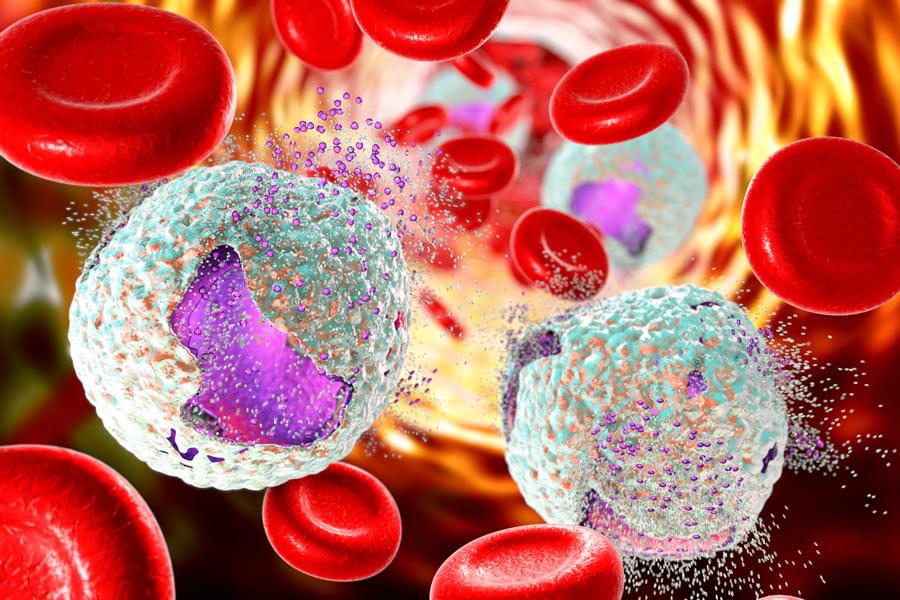Physics has a diversity problem: those with identities outside of the majority “able-bodied, white, cis, and male” face significant barriers to entry. While efforts in the US to level the playing field are beginning to show success, studies continue to find that minority physicists will likely experience some form of bigotry, bias, or barrier during their career that will hamper their chances of success. These inequities and biases range from skewed course structures that favor specific learning styles (see Research News: Restructuring Classes Can Level the Playing Field) to systemic prejudices that hinder some groups from gaining grants (see News Feature: Systemic Racism Reflected in Grant Allocations, Researchers Argue) to unconscious biases that lead to the significant undercitation of minority physicists compared to their white, male counterparts (see News Feature: The Uneven Spread of Citations). All these factors can have serious career consequences, with negative experiences being a key factor driving people to leave the field.
One lesser-studied aspect of identity and how it impacts a person’s experience in physics is neurodivergence—a nonmedical umbrella term used to describe people whose brains process information in way that is different to what is considered normal. Now Geraldine Cochran of Ohio State University and Liam McDermott and Nazeer Mosley, both of Rutgers University, New Jersey, have developed a framework for interpreting the experiences of this group of people [1]. An initial analysis of interviews with three neurodivergent physicists shows that, while this group reports little outright discrimination or violence, structural ableism negatively impacted their time as students. “There are more neurodivergent people entering college than ever before,” McDermott says. “But their needs regularly get overlooked.”
A person who identifies as neurodivergent may have a neurological disorder, such as autism or Tourette’s syndrome; they may have a learning disability, such as dyslexia (which affects language processing) or dyscalculia (which affects number processing); or they could have a mental illness, such as depression or anxiety. For their study, Cochran, McDermott, and Mosley interviewed three physicists who identified as being neurodivergent and who pursued nonacademic careers after completing their undergraduate degrees. All three identified as having attention-deficit hyperactivity disorder (ADHD) and anxiety. Sky (the interviewees were all given pseudonyms) also has depression, Catalina has depression and dyslexia, and Henry has epilepsy. The interviews covered the trio’s undergraduate experiences. Cochran, McDermott, and Mosley then analyzed the trio’s answers using their newly developed “Critical Disability Physics Identity” framework.
